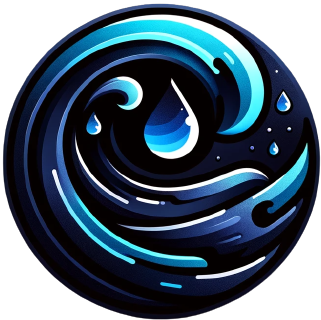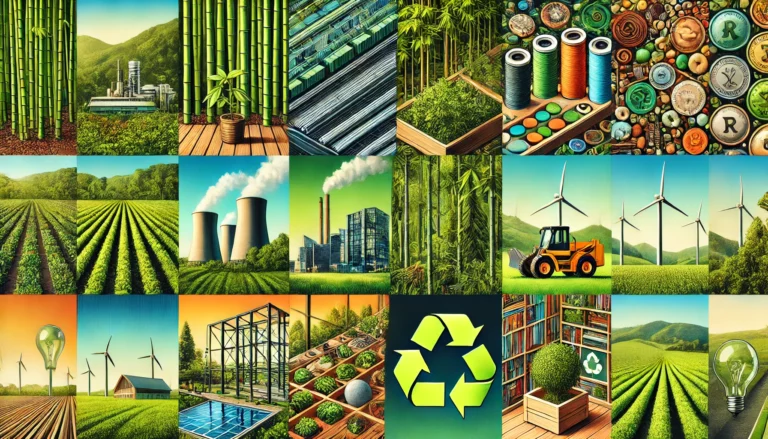When you think about the ocean, you might envision an endless blue expanse, teeming with life and mystery. Yet, beneath this serene surface lies a pressing concern that affects us all, no matter where we live. The impact of oil on marine life is a global issue that has sparked conversations and actions across continents. Today, we’re diving deep into this topic, armed with optimism and a commitment to making a difference. Let’s explore together how oil pollution affects our oceanic friends and what steps we can take to safeguard their home.
The Ripple Effect of Oil on Marine Ecosystems
Imagine a single drop of oil entering the ocean. It seems insignificant at first, but its impact spreads far and wide, much like a ripple in the water. When oil spills occur, they create a toxic blanket on the water’s surface, blocking sunlight and hindering the photosynthesis process essential for marine plants and the animals that depend on them.
The Victims of Oil Pollution
From the tiniest plankton to the majestic whales, no creature is immune to the dangers of oil pollution. Seabirds, for instance, find their feathers so coated in oil that flying becomes a struggle, and maintaining body temperature becomes impossible. Similarly, marine mammals like seals and dolphins face severe health risks, including hypothermia, due to oil-coated fur and skin. But it’s not just about the immediate aftermath. The long-term consequences of oil spills can alter reproductive patterns and lead to a decline in population numbers for many species.
Stories of Survival and Hope
Despite the grim reality, there are glimmers of hope and resilience. Efforts to clean up oil spills have evolved significantly, with technologies and methods designed to minimize environmental damage. Moreover, wildlife rescue operations and rehabilitation centers work tirelessly to treat affected animals, releasing them back into their natural habitats whenever possible.
The Role of Communities and Individuals
The fight against oil pollution is not just left to scientists and environmentalists. Communities around the world have come together to advocate for stricter regulations on oil drilling and transportation. Individual actions, such as supporting sustainable energy sources and reducing personal oil consumption, can also make a significant difference.
FAQs: Understanding the Impact of Oil on Marine Life
- What happens to marine life immediately after an oil spill? Immediately after an oil spill, marine life faces lethal and sub-lethal effects. The oil coats the bodies of marine animals, impairing their ability to move, breathe, and maintain body temperature.
- Can marine ecosystems recover from oil spills? Yes, marine ecosystems can recover, but the process is slow and can take decades. The recovery rate depends on the spill’s size, the ecosystem’s resilience, and the cleanup efforts.
- How can I help mitigate the impact of oil on marine life? Supporting ocean conservation organizations, advocating for clean energy solutions, and reducing personal oil consumption are effective ways to help.
Through understanding and action, we can mitigate the impact of oil on marine life and protect our oceans for future generations. The resilience of marine ecosystems, combined with our collective efforts, offers hope for a cleaner, healthier ocean.
In conclusion, the journey to safeguarding our oceans is ongoing, and it requires the commitment of everyone, from policymakers to individuals. By staying informed, advocating for sustainable practices, and making conscious choices in our daily lives, we can contribute to the health and vitality of marine ecosystems. The impact of oil on marine life is a stark reminder of our interconnectedness with the natural world and the urgent need to act in its defense. Let’s embrace this challenge with optimism and determination, for the sake of the ocean and all its inhabitants.



